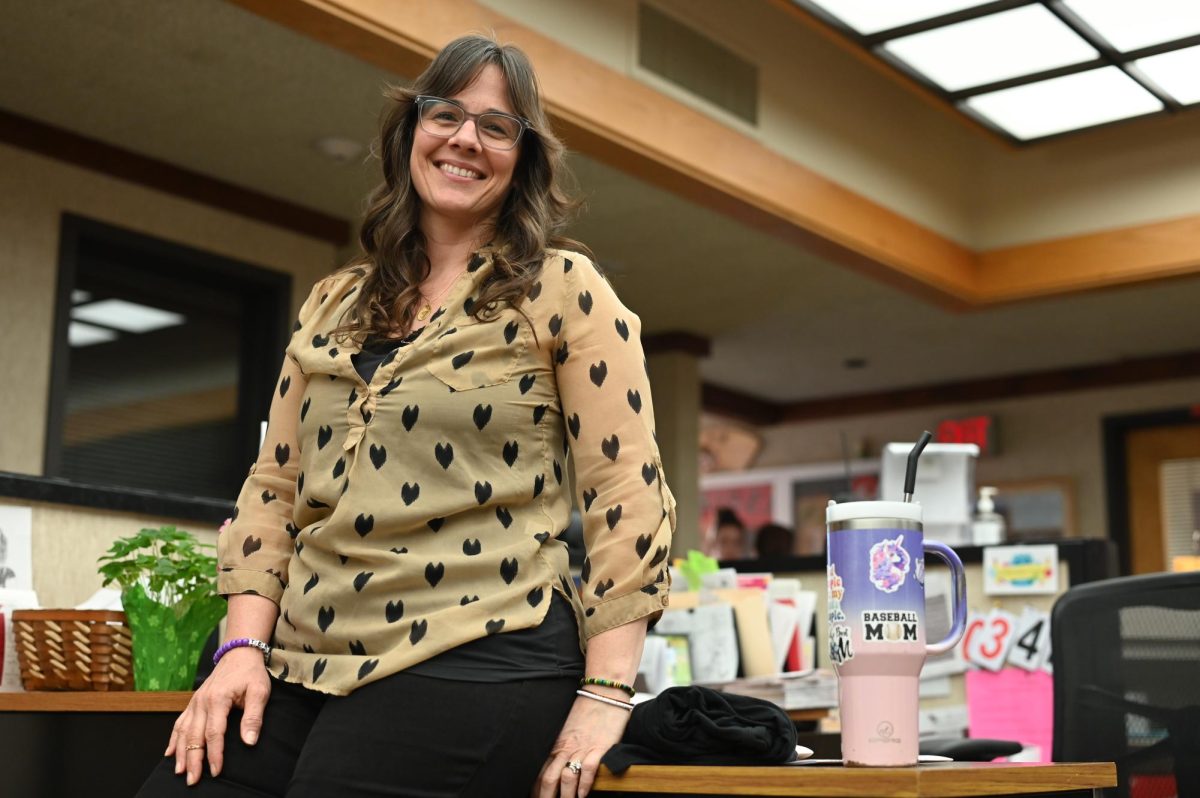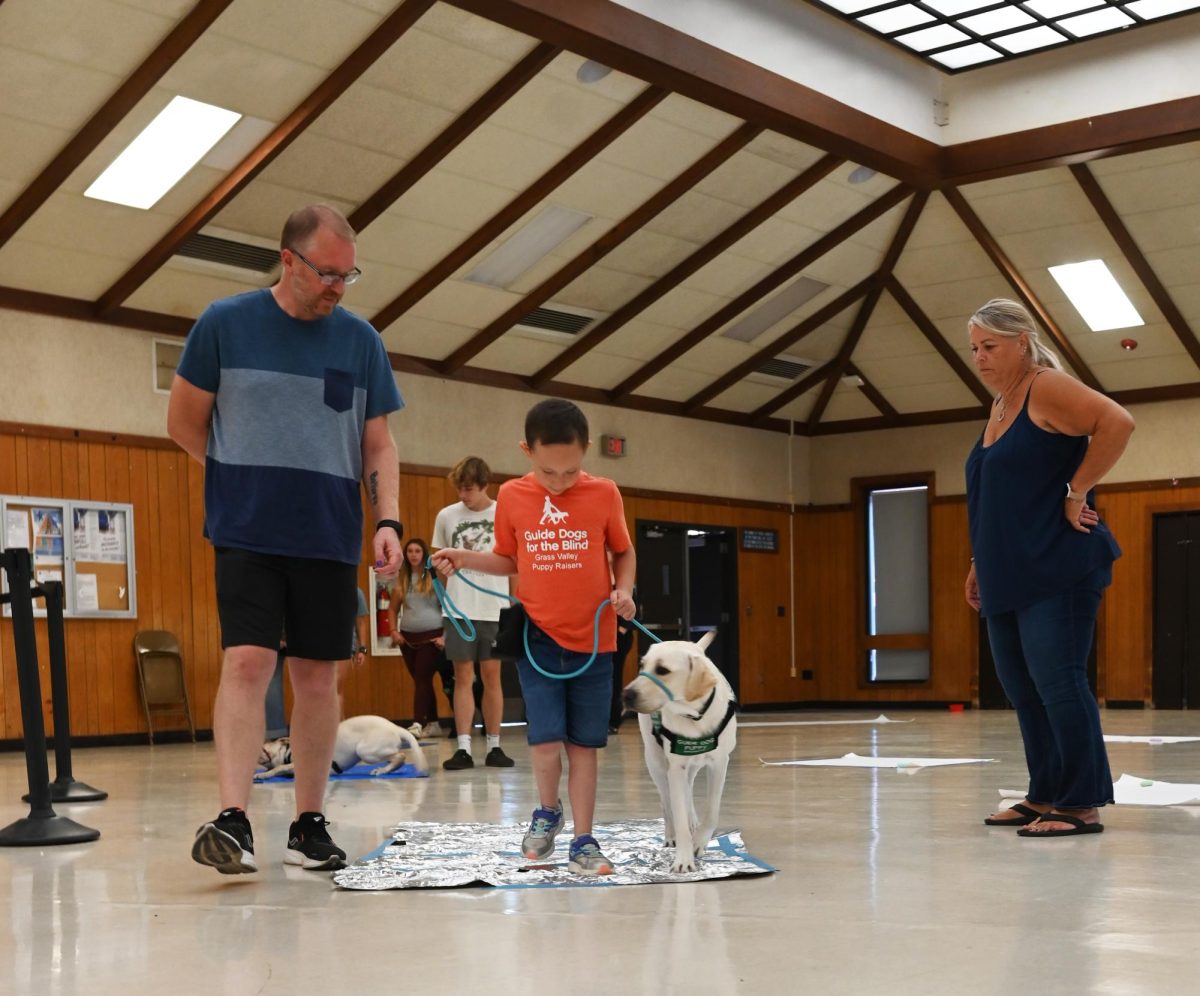Bruins lined up to help the community by giving blood in the recent blood drive.
On Thursday, March 14, Bear River hosted a blood drive in which eligible and willing students donated their blood cells to people in need.
Junior Arieal Swindell, having donated blood last year, described the experience.
“It’s about ten minutes with a needle in your arm,” she said. “Afterwards, the lady gave me a Sprite.”
While most patients do not feel pain when the blood is being withdrawn from their arm, it is common to feel discomfort when the needle is inserted. The injection site may also be slightly sore for a few days after the session.
Senior Magdelyn O’Callaghan talked about the paperwork side of the process of donating blood, and what steps students have to go through.
“[The donors] go to the student store and get the consent form from Adina,” she said. “Then, they get a time slot, and we call them down for the procedure.”
The ease of access of the blood drive is meant to make it easy for any eligible student to sign up, as blood is a valuable resource.
Leadership teacher, Matt MacDonald helped organize much of the blood drive, alongside the students of the Leadership class. Mr. MacDonald gave his view on who should be signing up for future blood drives.
“Everybody!” he said. “As long as you’re older than 16, and over 110 pounds. And, your coach basically has to approve it, because you have to miss practice.”
Junior Lydia Fuller-Hall elaborated on Mr. MacDonald’s guidelines, talking about how many people couldn’t do the procedure due to personal conditions.
“Sick people can’t donate blood,” she said. “You also can’t if you’re anemic, or afraid of needles, or under a certain weight.”
www.redcrossblood.org has a list of additional requirements to donate blood; for example, if you are 16 years old, you need parental consent, and students can not donate again if they have donated blood in the last 56 days.
It’s important to understand that not everybody is able to donate blood; some people can’t safely have a needle in their arm for a prolonged period of time, and, since the blood will be going to people in critical conditions, it must be perfectly healthy. If you don’t know if you can donate blood, check with one of the organizers before signing up for a future blood drive.
Swindell wanted to give a warning to anybody planning to donate their blood.
“Make sure you drink lots, if you are planning to donate blood, and eat a lot of food, since you’re getting a piece of you taken away, and your body needs to put that back,” she said.
It’s very important to maintain good hydration throughout the week prior to the procedure, but it’s even more important to eat nutritious food and drink extra water the day of, and to get a good night’s sleep the night before. Remember that donated blood can save many lives. If you can donate, consider doing so.



































